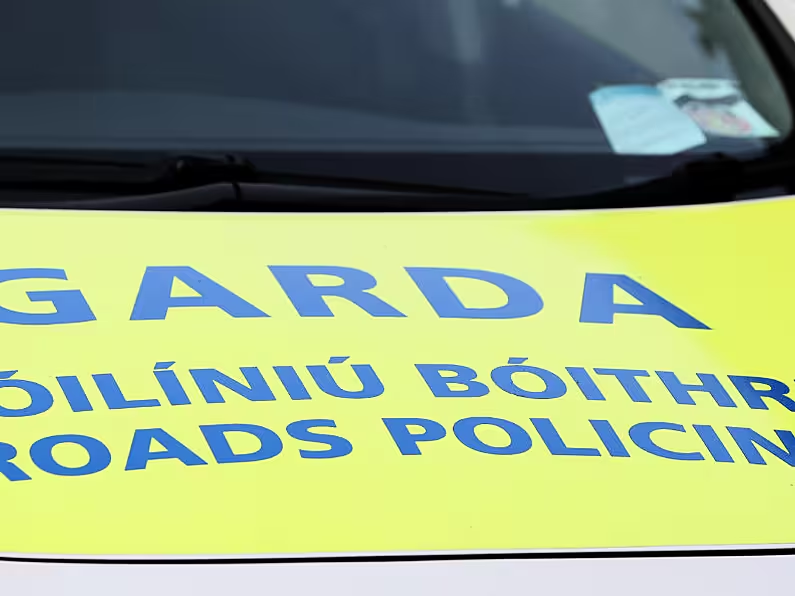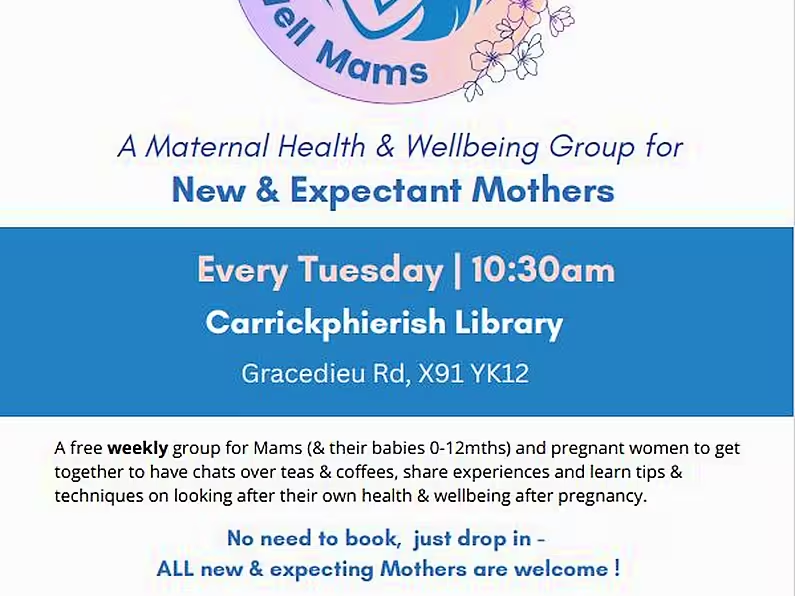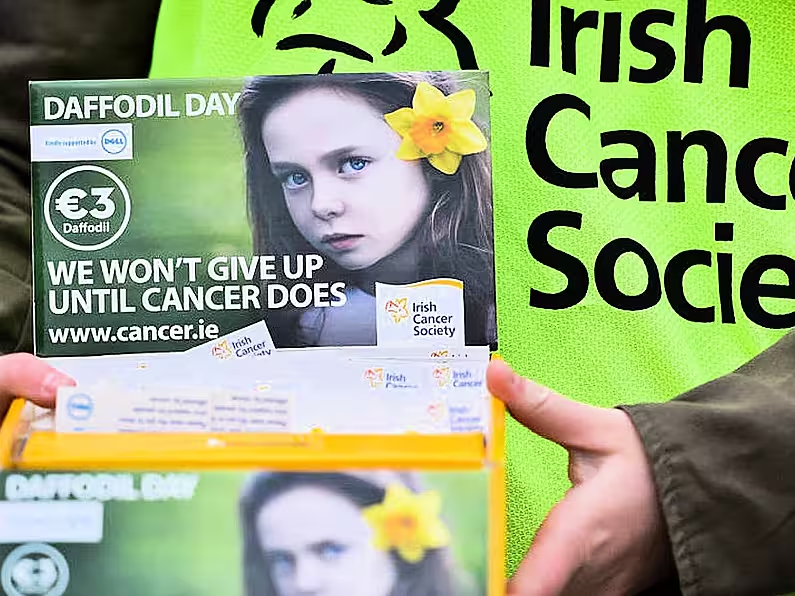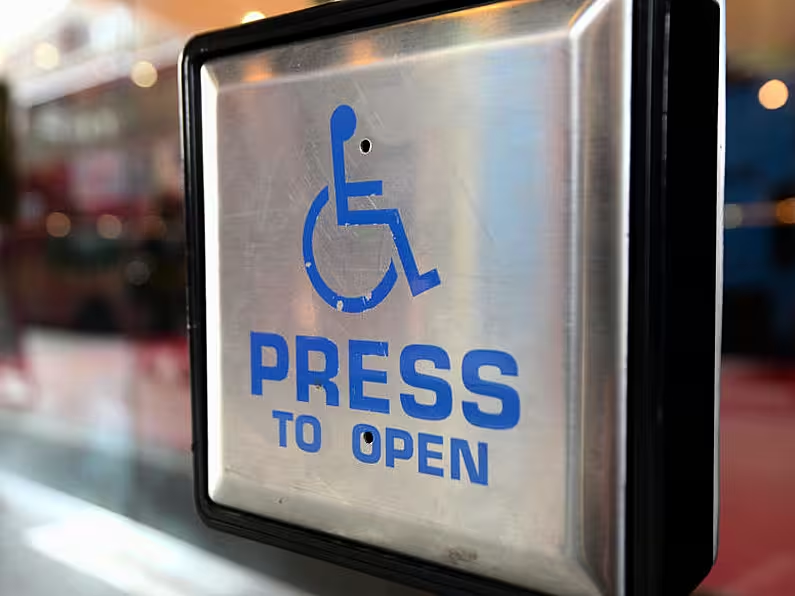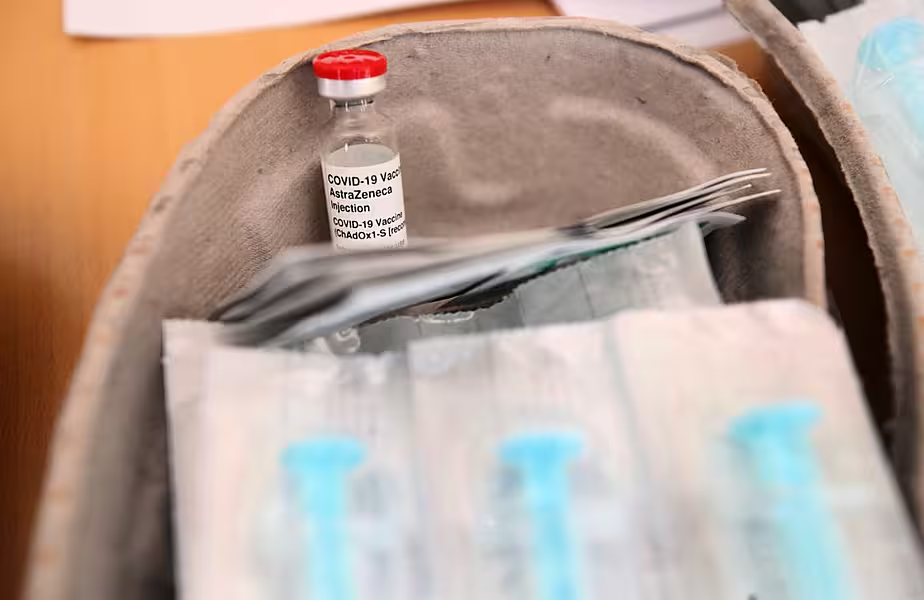
General practitioners in Ireland have been advised not to administer the AstraZeneca vaccine to very high-risk patients until an update is available from the National Immunisation Advisory Committee (Niac).
The Irish Times reports that the Irish Medical Organisation (IMO) emailed GPs on Friday, advising them to wait until Niac reports back on its review of the Covid-19 vaccine early next week.
Niac met last week after the European Medicines Agency (EMA) found a possible link between AstraZeneca's vaccine and rare blood clotting issues in adults who have received the shot.
The drug regulator said that European countries should make their own decisions about how to handle the risk of the rare blood clots, based on prevailing infection rates and the availability of alternative vaccines.
Niac is due to meet again early next week and review the EMA findings further.
Age restrictions
The IMO email said: “Niac have advised that AZ [AstraZeneca] programme should continue, however you will be aware that Niac are further considering the EMA recommendations and in such circumstances it is advised that you wait to organise clinics for very high-risk patients until further advices issue from Niac.”
People aged 16 to 69 and considered “very high risk,” along with those aged 70 and older, are currently being vaccinated in Ireland.
Chair of the IMO’s GP committee, Dr Denis McCauley, told RTÉ radio on Saturday that he expected a decision from Niac on Monday and added that he was hoping for a “very practical and straightforward recommendation”.
Dr McCauley later told The Irish Times he believed it was better to “wait and see” regarding the update on the AstraZeneca jab, as it remained unclear if there would be restrictions on certain age groups in Ireland receiving it.
In its email to GPs on Friday, the IMO also noted that there had been a shortfall in vaccine deliveries for the week starting April 12th for the 70-74 cohort receiving their first dose.
This will be made up in deliveries for the week starting April 26th, the email said.
Regarding the Johnson and Johnson vaccine, the IMO advised GPs that small deliveries were due to begin arriving in April and May.
“As the Johnson and Johnson vaccine is a one-dose vaccine, these initial supplies will in the main be used for homeless patients, members of the Travelling community, members of the Roma community and those with substance addiction issues for whom it may be difficult to ensure a second dose,” the IMO wrote.
“These groups will be vaccinated by community care teams. From June it may be possible that some Johnson and Johnson vaccine would be available to General Practice.”





